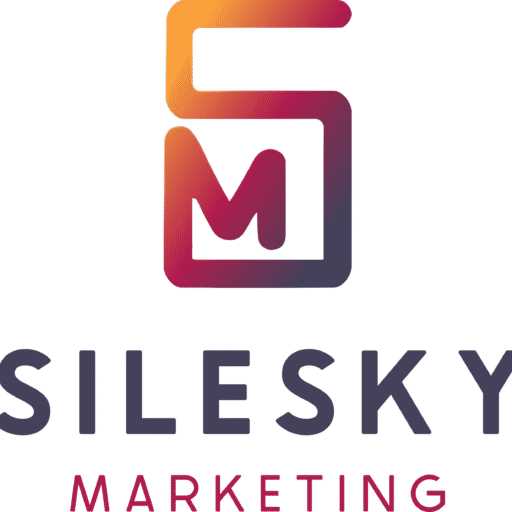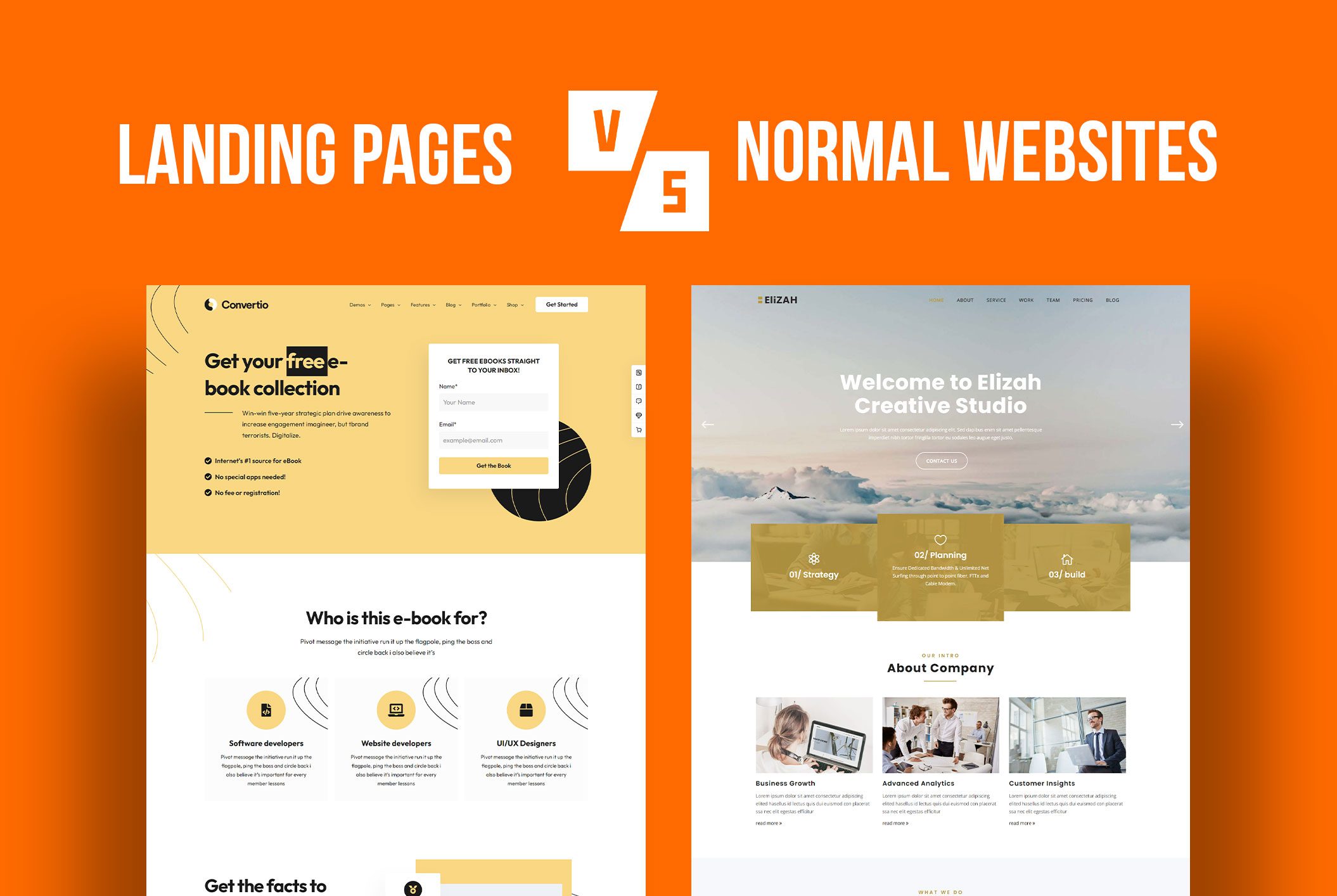Running a small business can be a thrilling venture, but it comes with its fair share of challenges. One of the most crucial aspects of managing a small business is financial planning. Whether you’re just starting or you’ve been in the game for a while, understanding the ins and outs of your finances is vital for sustainable growth and long-term success. In this post, we’ll explore financial planning for small businesses, offering practical tips to navigate the world of business finance
1. Understanding Your Cash Flow: The Lifeline of Your Business
Cash flow is the lifeblood of your business, circulating through its veins and ensuring its vital functions. For small enterprises, understanding the nuances of cash flow is not merely a financial chore; it’s a strategic necessity. By comprehending the rhythm of your revenue and expenses, you gain insights that are invaluable.
Knowing precisely when money is flowing in and out of your business is akin to having a pulse on your company’s health. It empowers you to anticipate financial challenges, enabling you to make timely and informed decisions. Regular monitoring of your cash flow statements is akin to a physician’s check-up, providing you with a detailed diagnosis of your business’s fiscal well-being.
2. Budgeting Wisely: Controlling Your Finances
Creating and maintaining a budget is akin to having a meticulously planned itinerary for a cross-country journey. Every penny has a purpose, every expenditure is accounted for, and every financial milestone is predestined. A well-thought-out budget serves as a guiding light, illuminating the path to your business’s financial goals.
In the realm of budgeting, meticulousness is key. Every operational cost, from rent and utilities to salaries and supplies, should find its place within your budgetary framework. Each expense category is like a puzzle piece, contributing to the overall picture of your financial landscape. But it’s not just about the known expenses; an effective budget also includes provisions for unexpected contingencies.
3. Tax Planning: Stay Compliant, Save Money
Taxes, while inevitable, need not be a daunting specter. Instead, they can be strategically managed to ensure compliance and maximize savings. Familiarizing yourself with the tax regulations pertinent to your business is akin to deciphering a complex code. By understanding the nuances of deductions, credits, and exemptions, you can optimize your tax strategy.
Accurate record-keeping is the cornerstone of effective tax planning. Every transaction, every receipt, and every invoice should be meticulously documented. These records not only ensure compliance during tax season but also serve as a foundation for informed financial decisions throughout the year.
4. Building an Emergency Fund: Shielding Your Business
Small businesses are particularly vulnerable to economic fluctuations and unexpected crises. Establishing an emergency fund is like having a safety net for your business. Set aside a portion of your profits regularly to create a financial cushion that can tide you over during challenging times. Having an emergency fund provides peace of mind and allows you to make strategic decisions for your business without being solely driven by immediate financial pressures.
5. Debt Management: Borrowing Responsibly
In the pursuit of business growth, borrowing is often a necessary step. Whether it’s for expansion, equipment purchase, or operational needs, loans can provide the financial boost your business requires. However, borrowing should be approached with caution and prudence.
Assessing your repayment capabilities is the first and foremost consideration before taking on any debt. A realistic evaluation of your cash flow and revenue projections helps determine the amount you can comfortably repay without straining your finances. Opt for loan options with favorable terms and interest rates, ensuring that the cost of borrowing doesn’t outweigh the benefits it brings.
6. Investing in the Future: Planning for Growth
Financial planning isn’t just about managing day-to-day expenses; it’s also about investing in the future of your business. Allocate a portion of your profits to strategic investments that can fuel growth. This might include expanding your product line, upgrading your technology, or investing in marketing initiatives to reach a wider audience. Evaluate the potential return on investment for each opportunity and choose investments that align with your long-term business goals.
7. Seek Professional Guidance: A Partner in Your Success
Financial planning can be complex, and it’s okay to seek professional help. Consider hiring an accountant or financial advisor experienced in working with small businesses. They can offer tailored advice, help you navigate tax regulations, and provide insights that can optimize your financial strategies. A professional advisor can be a valuable partner in your business journey, offering expertise and support as you navigate the financial landscape.
Final thoughts
Effective financial planning is the cornerstone of a successful small business. By understanding your cash flow, budgeting wisely, planning for taxes, building an emergency fund, managing debt, investing in growth, and seeking professional guidance, you can steer your business toward long-term prosperity. Remember, financial planning is not a one-time task but an ongoing process that evolves with your business. Stay proactive, stay informed, and with the right financial strategies in place, your small business can thrive even in the face of challenges, ensuring a secure and prosperous future.





